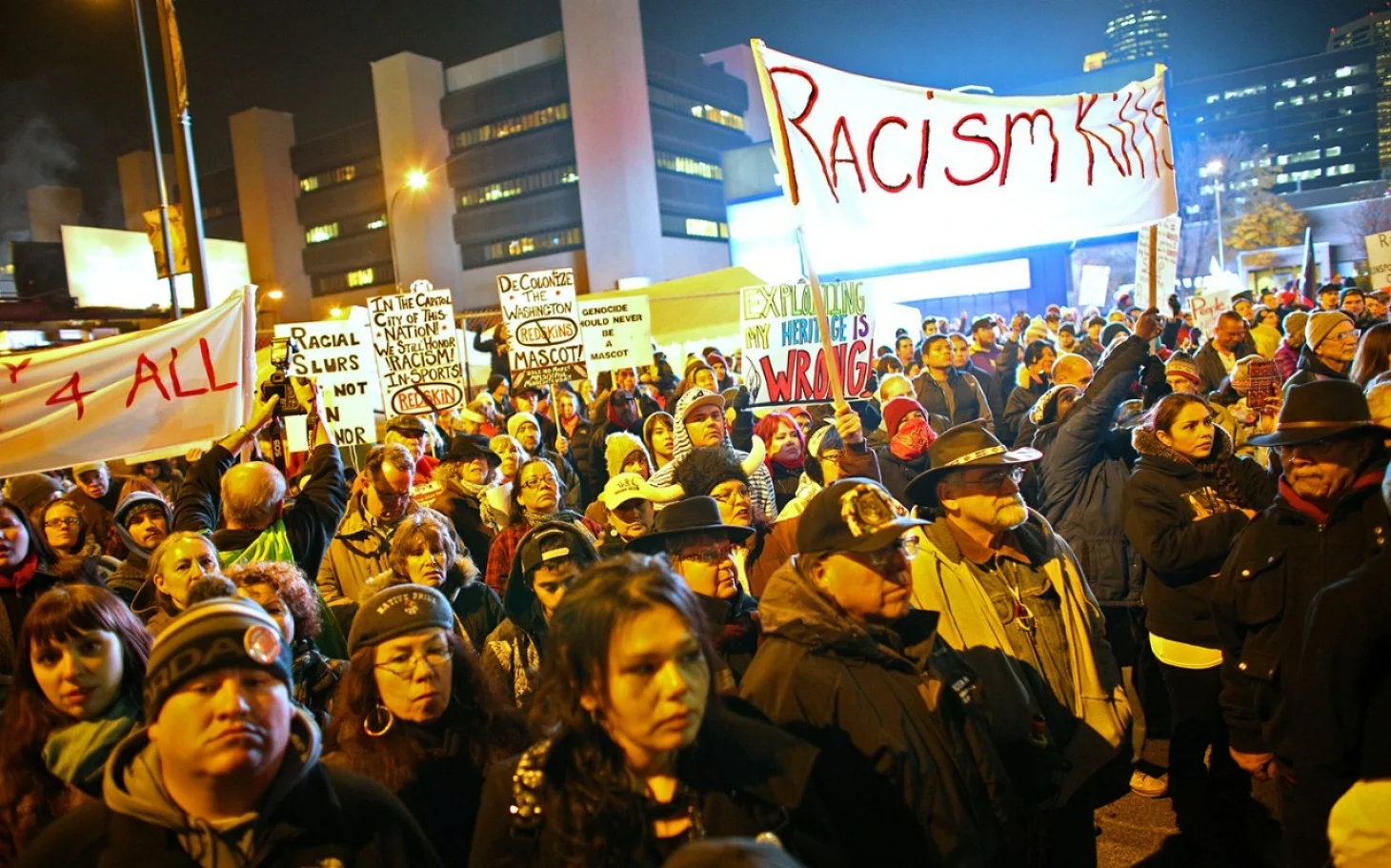Racism is “the state-sanctioned and/or extralegal production and exploitation of group-differentiated vulnerability to premature death."
The most common question I receive about my work is, “Is racism a Public Health issue?” It may not be entirely accurate to say this is the most common question I receive, but it is the question I hear whenever well-meaning Public Health colleagues advise that “racism is not a Public Health issue.”
I have been studying racism and its relationship to population-level patterns of health and disease for twenty years. When I started this focused study, explicit use of the term racism was rare in Public Health even though health equity researchers, practitioners, and advocates had long been fighting to prevent and address its health implications. The desire to answer that question empirically drove me to pursue doctoral training. I hoped my future research might lend insights that communities and policymakers could use in their ongoing health equity efforts.
No one has ever explained to me why racism is not a Public Health issue. There are no established criteria within our multidisciplinary field for deciding if an issue falls outside its purview. I believe racism is an imperative for Public Health because the field’s mission and its principles espouse equity.
Public Health is “the collective efforts of a society to create the conditions in which people can be healthy”. As the WHO defines it, health is “a state of complete physical, mental, and social well-being and not merely the absence of disease or infirmity”.[1] The field’s overarching charge to promote “optimal health for all” [italics added] implies that every individual in every community has the potential to achieve optimal health. Our responsibility as members of the Public Health community is to enable it.
Racism is a complex and multifaceted construct; therefore, when talking about racism it helps to use definitions that meet the information needs of an immediate audience. The definition that geographer Ruth Wilson Gilmore offers in her book Golden Gulag is particularly useful for Public Health because it links the two basic concerns of our field: population-level (rather than individual-level) phenomena and outcomes affecting physical and mental health. According to Gilmore, racism is “the state-sanctioned and/or extralegal production and exploitation of group-differentiated vulnerability to premature death."(p. 247)[2] If whole segments of our society are systematically blocked from the possibility of optimal health and this differential risk is structured along racial or ethnic lines, then it can be said that racism is at work. Taking seriously both our field’s charge to facilitate optimal health for all and Gilmore’s definition of racism, it seems to me we can only achieve the goals of Public Health if we treat racism as a Public Health problem.
Addressing racism is also relevant to Public Health for the following reasons:
- Most of the vulnerable populations with whom we work are racial and ethnic minorities. We cannot understand fully the determinants of the health disparities these communities experience if we do not account for their experiences living in a racially stratified society.
- From its inception, science developed and promoted racialized theories, research methods, and understandings; these continue to influence some research.[3] One early premise was that groups of people can be distinguished by their essential, heritable characteristics. Applying racial and ethnic labels to the groups encouraged research on racial causes of death and disease. Technological advances have since confirmed that less genetic variability exists between races than within them. Yet, some continue to pursue racial explanations for health disparities. For instance, some studies that do not assess genetics nevertheless point to “genetic differences” as an underlying cause of racial/ethnic patterns in the findings.
- To measure the effects of racism on health, researchers must first be willing to name racism explicitly. We also must develop a more sophisticated lexicon on racism exposures and racialized/ethnicized populations. The relevance for science can be gleaned from a point social epidemiologist Nancy Krieger made about the need to name poverty explicitly: “at issue is doing correct science, not "politically correct" science. Blot…inequity from view, and not only will we contribute to making suffering invisible but our understanding of disease etiology and distribution will be marred.”[4]
For decades, pockets of advocates, practitioners, and researchers have been building an anti-racism movement for health equity.[5] Others are now beginning to see that racism still pervades our society. This provides an opportunity to expand the movement. We at the new Center for the Study of Racism, Social Justice & Health are eager to join this movement by contributing rigorous research, innovative teaching, and respectful community engagement.
References
1. World Health Organization. Global Health Declarations. [Webpage]. http://www.who.int/trade/glossary/story039/en/, 2015.
2. Gilmore RW. Golden gulag: Prisons, surplus, crisis, and opposition in globalizing california. Berkeley, CA: University of California Press; 2007.
3. Duster T. Lessons from history: why race and ethnicity have played a major role in biomedical research. J Law Med Ethics. 2006;34(3):487-496, 479.
4. Krieger N. Why epidemiologists cannot afford to ignore poverty. Epidemiology. 2007;18(6):658-663.
5. Jee-Lyn Garcia J, Sharif MZ. Black Lives Matter: A Commentary on Racism and Public Health. Am J Public Health. 2015;105(8):e27-30.
_______________
Excerpts of this blog are drawn from: Ford CL. Public Health Critical Race Praxis: An introduction, an intervention and three points for consideration. Wisconsin Law Review 2016 (3):477-491


